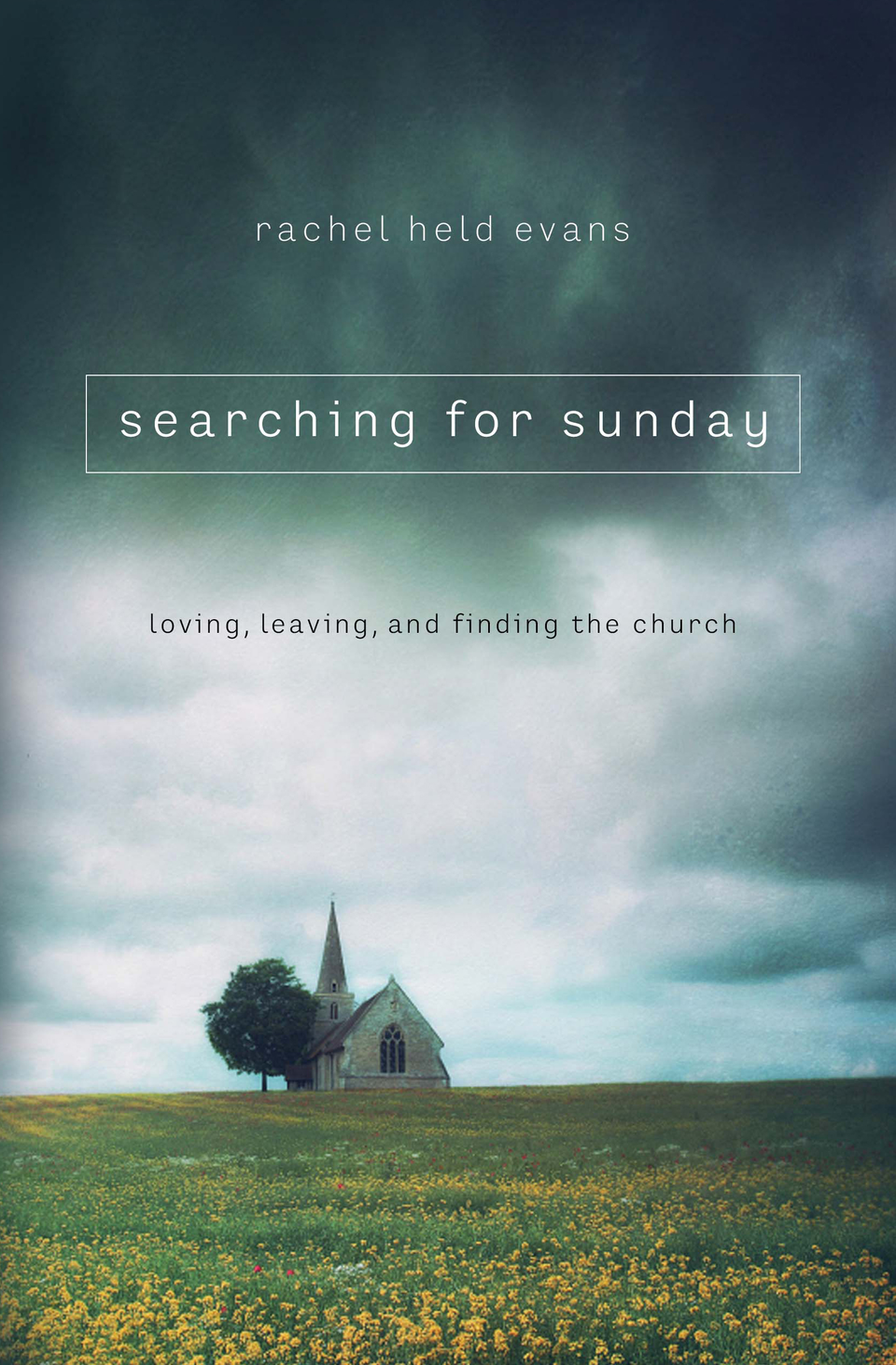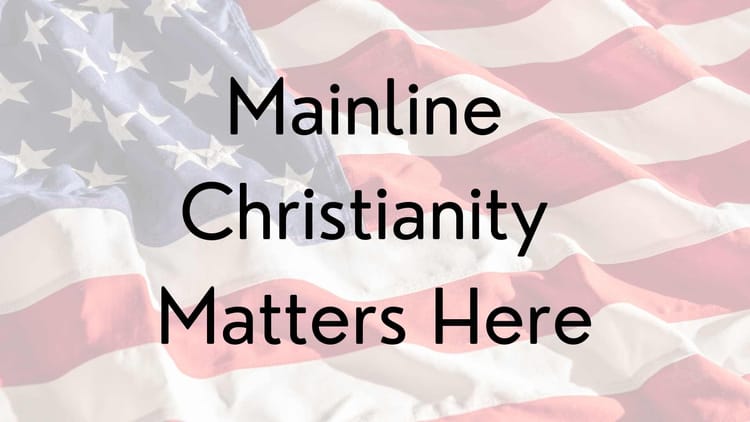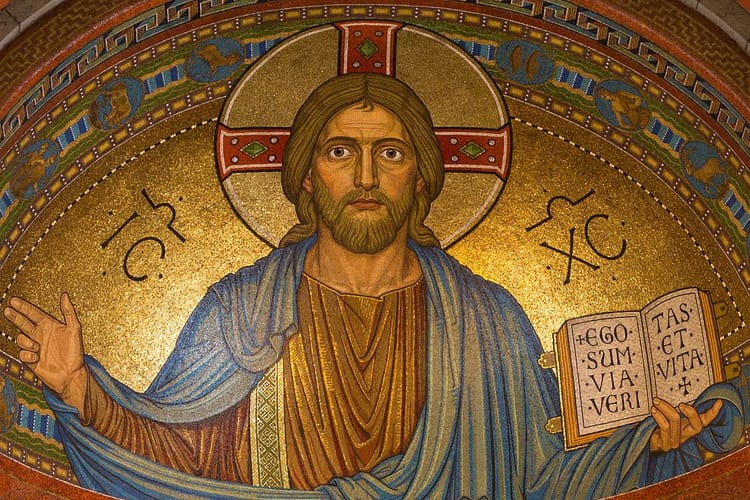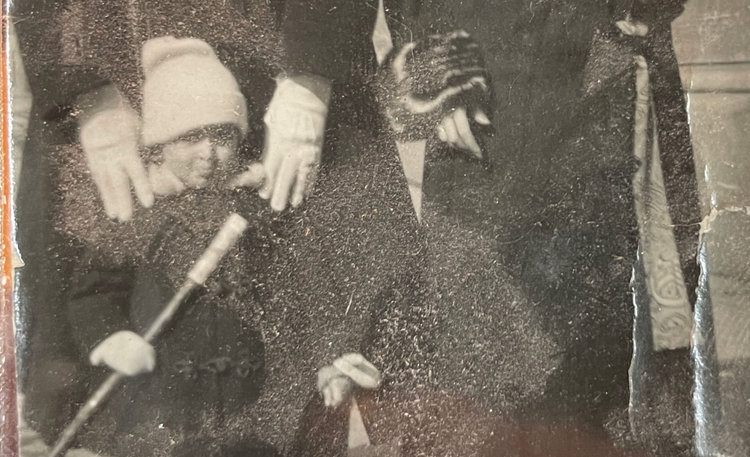Searching for Sunday, finding the Episcopal Church – A Book Review

Rachel Held Evans and I came to the Episcopal Church from opposite worlds.
She grew up the daughter of a Christian college professor in the Bible Belt. As a child she attended a Christian elementary school where “My dad’s hermeneutic can beat up your dad’s hermeneutic” was, as she says, “legit schoolyard banter.” She went to church twice each week, and by the time she was a teenager, she “went to school every day determined to transform all the Christians there into evangelical Christians and set them on fire for God.”
I, on the other hand, grew up the daughter of a public university professor in Las Vegas, Nevada – about as far away from the Bible Belt as you can get. My memorable moment of elementary schoolyard banter came when a boy asked what religion I was, and I didn’t know the answer. When I inquired at home, my dad told me I was a Deist and delivered a short lecture on the idiocy of the concept of virgin birth. By the time I was a teenager, I went to school every day determined to stand for truth and against religion’s foolishness. I was the girl on fire for Ayn Rand.
And yet these days, both Rachel and I are worshipping God with the Episcopal Church’s Book of Common Prayer.
I had read and loved her two earlier books, Evolving in Monkey Town (now re-released as Faith Unraveled
) and A Year of Biblical Womanhood
. As I did, I kept muttering under my breath, “Rachel, you would fit much better in the Episcopal Church!” But since I didn’t know Rachel at all, and I hesitate to tell even the people I know how to live their lives, I never expected she would one day feel the same.
Searching for Sunday tells the story of that journey. The book is organized into sections based on the seven sacraments of the church. Each section opens with a reflection on the meaning of that sacrament. The writing is both well-researched and beautifully crafted. The book is worth the price of admission for these sections alone, particularly if you are a preacher who needs to explain the sacraments in contemporary language. But the book goes beyond this first strength.
As a priest in the Episcopal Church, I look out at a living, changing congregation every Sunday. A few years ago I started noticing that a significant number of new people weren’t coming from other Episcopal congregations. They weren’t coming from Lutheran or Methodist or Catholic churches. They were coming from evangelical, nondenominational churches, and they were discovering the liturgies and sacraments of the church for the first time.
I always wondered: what were the questions that led them out of their former churches and into the church I serve? Though our childhood experiences of faith were different, did we share any common experiences along the paths of our spiritual journeys? I longed for a way to cultivate a shared conversation about our very different stories. Sure, there were spiritual autobiography courses we could run – but what I really wanted was an accessible, meaningful book we could gather around, a book which would allow everyone to see their lives in a new light.
Searching for Sunday is that book. I felt I found a friend in its pages; I think others would feel the same. Even though my story is completely different from Rachel Held Evans’, I found my experiences mirrored in her words and I longed for a discussion group with whom to share the experience of reading. This is a book that builds community in congregations. Create a program around it if you can. Even if your church hasn’t welcomed a newcomer who used to worship in an evangelical congregation lately, you never know when someone like Rachel might arrive. (Are you ready for that seeking soul? Check out Rachel Held Evans’ tips for mainline congregations who want to welcome disenfranchised evangelicals.)
There’s one more thing I loved about Searching for Sunday: the hope it expresses for the organized church. Rachel’s journey includes sleeping late on Sunday mornings and avoiding church at times of struggle, but it also includes the persistent search for a community where she can wrestle with questions of faith. It makes evident the value of such communities – and it provides a glimpse into why we who steward the church need to take seriously the challenges the 21st century offers organized religion. We need to be here for those who seek God – whether they come from Rachel’s background or mine.
Here’s Rachel reading one of my favorite excerpts from the book:
Ultimately, Searching for Sunday calls us to be a resurrection people – to trust that even as we enter the valley of the shadow of death, we are led by a God of resurrection.
It’s a great book. Go buy it.
Did you read it? Are you planning to? I’d love to know your opinion of Searching for Sunday!





Member discussion